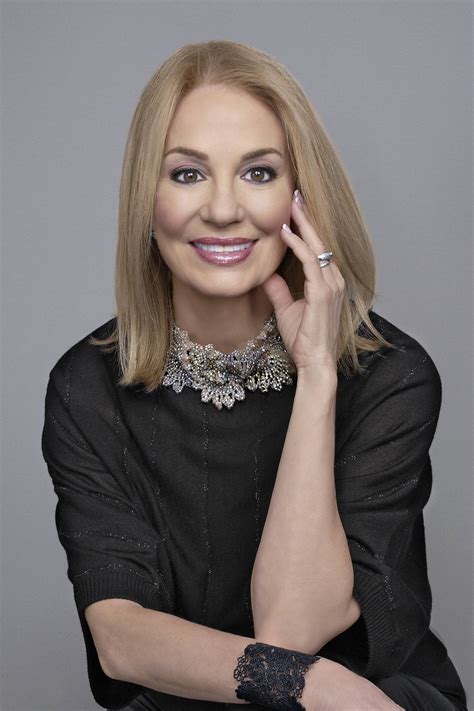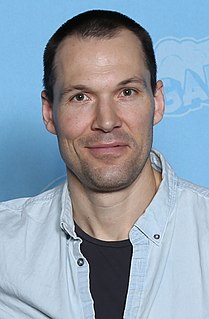A Quote by Temple Grandin
The thing is, autism is a big spectrum. Going from folks who remain nonverbal, all the way up to, ya know, famous scientists and musicians. And we've got to work on strengths. We also have to work on teaching basic manners and skills.
Related Quotes
Autism is a big continuum, going from someone who remains nonverbal, all the way up to geniuses on Silicon Valley. And some kids are visual thinkers like me. Other kids are pattern thinkers - your mathematicians, your programmers. And there are others, they are word thinkers. Uneven skills. You need to take the thing that they're good at and you need to work on developing it.
My mother was always expanding my art skills and getting me to paint different things. You always got to push some. And, I mean, I learned basic things like getting up on time, how to shop - you know, you don't touch things in a store you're not going to buy. These things were taught very young. I don't see today enough of this basic, you know, basic skill teaching.
I think one of the problems with the definition of autism is we keep expanding it. It started as "early infantile autism", and then it became "autism", and now it's "autism spectrum disorder". I'm not opposed to that from the standpoint of trying to broaden our vistas, and so forth. But from a research point of view, the term autism is lost in specificity.
I like to receive money for my work. But I can pass that up this time. I like to have people know my work is done by me. But I can pass that up. I like to have tenants made happy by my work. But that doesn't matter too much. The only thing that matters, my goal, my reward, my beginning, my end is the work itself. My work done my way. Peter, there's nothing in the world that you can offer me, except this. Offer me this and you can have anything I've got to give. My work done my way. A private, personal, selfish, egotistical motivation. That's the only way I function. That's all I am.
We become overly reliant on the strengths that got us where we are today. We also become isolated as we move up in the organization. Unless we have the benefit of assessment, and unless we invite feedback on our leadership, we continue to lean on strengths that can actually work against us, and fail to expand our leadership style in a way that makes us more effective.
It's tough, you know, when you're thin and you don't put on muscle mass that easily. What you've got to remember is that you really have to eat a lot and you have to work your body out with basic exercises like deadlifts and squats and the bench press - the workouts that are basic in form but work a large group of muscles.






























